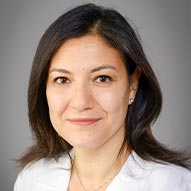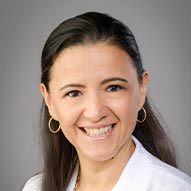Dallas
214-456-8000
Fax: 214-456-8005
Plano
469-497-2505
F: 469-497-2511
Park Cities
469-488-7000
Fax: 469-488-7001
Prosper
469-303-5000
Fax: 214-867-9511
A child with lactose intolerance experiences diarrhea, gas, bloating and other digestive distress after eating dairy products.
214-456-8000
Fax: 214-456-8005
469-497-2505
F: 469-497-2511
469-488-7000
Fax: 469-488-7001
469-303-5000
Fax: 214-867-9511
A child is lactose intolerant when the small intestine doesn’t produce sufficient amounts of an enzyme – called lactase – that the body requires to digest the lactose.
Lactose is the sugar found in milk and other milk-containing products, including cheese, yogurt and ice cream.
Children who are said to be lactose intolerant cannot process this sugar and, therefore, experience a range of uncomfortable digestive problems after eating these foods and drinks.
There are three types of lactose intolerance:
Congenital lactose intolerance are babies who are born with lactose intolerance. Rarely, a baby is born with congenital lactose intolerance. For this to occur, both the mother and father must pass on the same gene variant that affects lactase production.
Primary lactose intolerance are adults who were able to consume dairy products as a child, but later develop problems digesting lactose due to reduced lactase levels with age.
Secondary lactose intolerance is when lactase production is decreased following an illness, injury or surgery that involves the small intestine.
Usually, a decrease in lactase production is caused over time, as in primary or secondary lactose intolerance.























